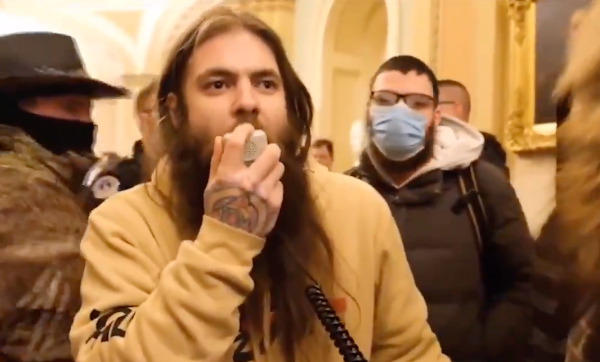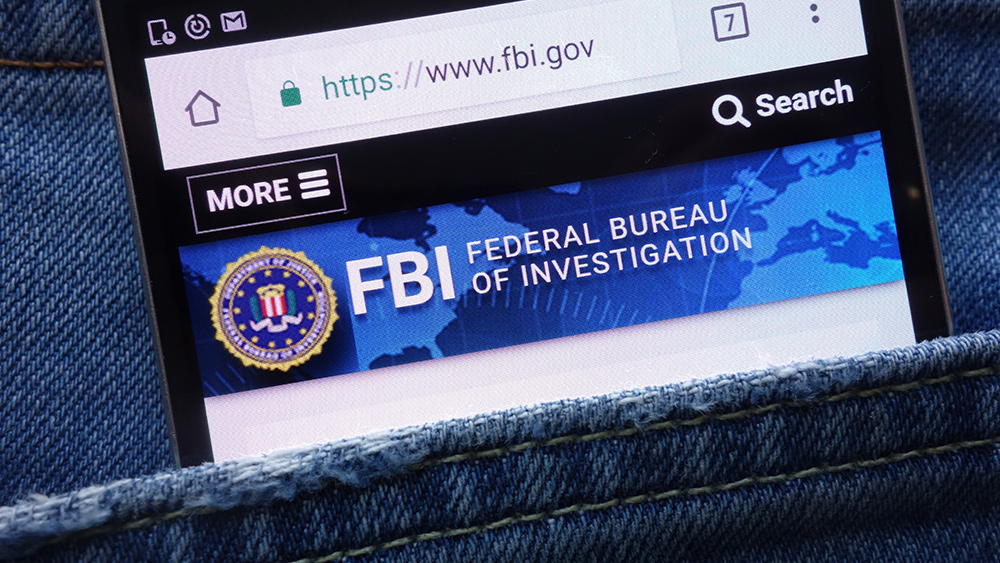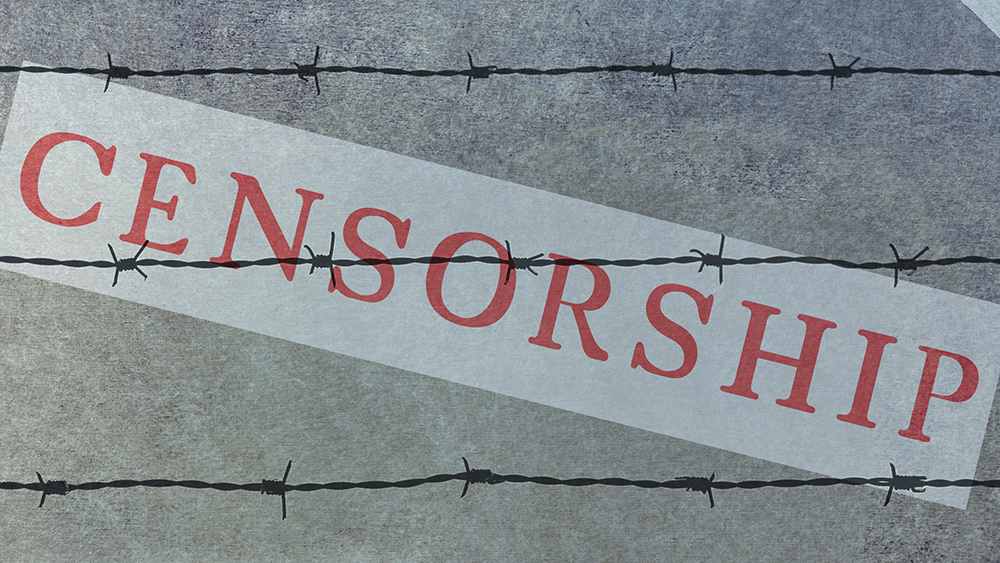
The Chinese Communist Party (CCP) has turned to social media websites like Facebook to spread misinformation and propaganda regarding its genocidal campaign against the Muslim Uyghurs and other minorities in Xinjiang.
According to a report by the Australian Strategic Policy Institute (ASPI), this campaign is being run by CCP officials with the help of state-owned media and pro-communist individuals.
The ASPI's report showed that there has been a massive increase in accounts linked to Chinese state media and government officials on social media networks that push "alternative narratives" regarding the situation in Xinjiang. These accounts have found the most success in Facebook, where they can engage and reach an international audience. (Related: China imprisoning citizens for critical Twitter posts even though the website is banned in the Mainland.)
The main tactic of the CCP and its social media accounts is to criticize and smear journalists and researchers working on topics related to Xinjiang. These accounts have even gone so far as to attack victims of the genocide against Uyghurs.
The accounts have also focused on labeling Western media outlets and human rights organizations that talk about Xinjiang as not being independent, being led by anti-Chinese or Sinophobic actors or carrying out a smear campaign against the CCP. The content also emphasizes how Xinjiang's Uyghurs support the CCP's policies in the region.
Pro-CCP accounts on social media are growing
The ASPI analyzed 272,875 public Facebook posts between Jan. 2014 and Feb. 2021. The report also analyzed content on other social media platforms like Twitter and TikTok for hashtags related to Xinjiang.
On Facebook, the pages of state-run media accounts such as CGTN, China Daily, the Global Times and the People's Daily were very successful. Their accounts were consistently in the top 10 accounts having the most likes regarding topics related to Xinjiang from 2018 to 2020.
In 2020, CGTN's posts on Facebook that mentioned Xinjiang garnered more than 5.78 million likes. CGTN has been quickly expanding the number of reactions it receives for Xinjiang-related content. In 2018 its posts got 414,067 total likes, which ballooned to 2.9 million likes in 2019.
The People's Daily's Facebook page garnered 183,040 likes total for all of its Facebook posts that mentioned Xinjiang in 2018. The page's likes on Xinjiang content increased to nearly 1.7 million in 2020.
The report also found that, before 2019, the accounts of Chinese diplomats and state media only mentioned Xinjiang on Twitter and Facebook about 250 times or less. That number has grown rapidly since then. In 2020 these accounts mentioned the region more than 750 times a month.
The ASPI believes the CCP's efforts to push its narrative online will escalate in 2021.
Facebook says pro-CCP ads will stay, despite employee concerns
Pro-CCP content denying the human rights abuses in Xinjiang has caught the attention of those working in these platforms. On Facebook, the company's employees have expressed their uneasiness regarding ads that platform the CCP's message regarding the unstable region.
The concerns regarding the ads were first raised by an internal forum of employees who are also practicing Muslims. The staffers were concerned that the Facebook ads were helping China's global propaganda machine deny its human rights abuses in Xinjiang.
The ads the employees have complained about show people saying their lives in Xinjiang have improved thanks to the CCP, and that Western nations are spreading propaganda to destabilize China.
"It's time our platform takes action to fight misinformation on the Uyghur genocide," wrote one employee, who tagged Facebook's Chief Product Officer Chris Cox.
A Facebook spokesman told Insider that the company will not be taking down the ads.
"These ads do not violate our current policies," said the spokesman. "We're monitoring reports of the situation in Xinjiang to help inform our approach and due diligence on this issue. We're committed to respecting human rights principles."
Learn more about how the CCP uses social media websites to spread disinformation by reading the latest articles at Propaganda.news.
Sources include:
Please contact us for more information.





















